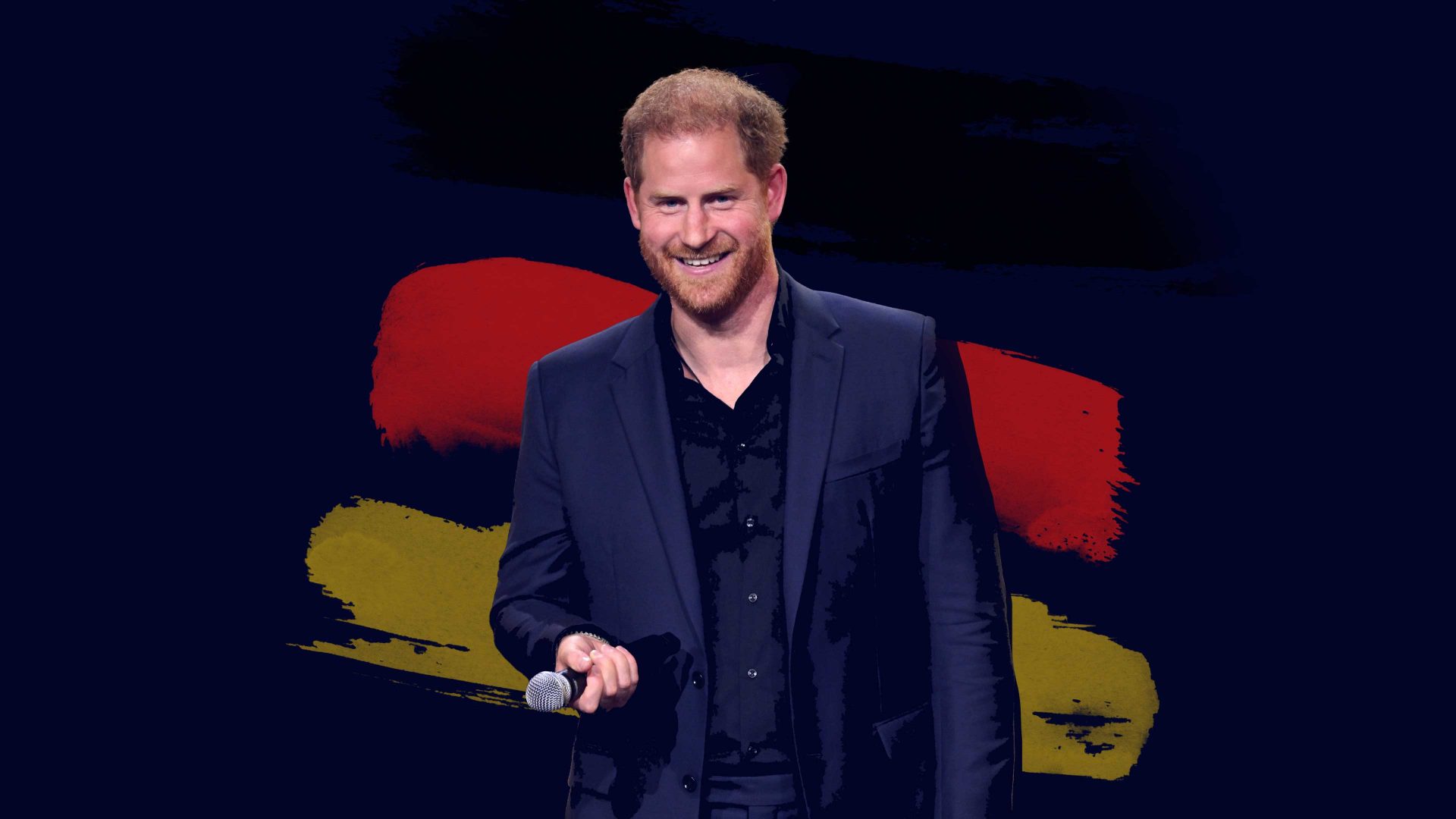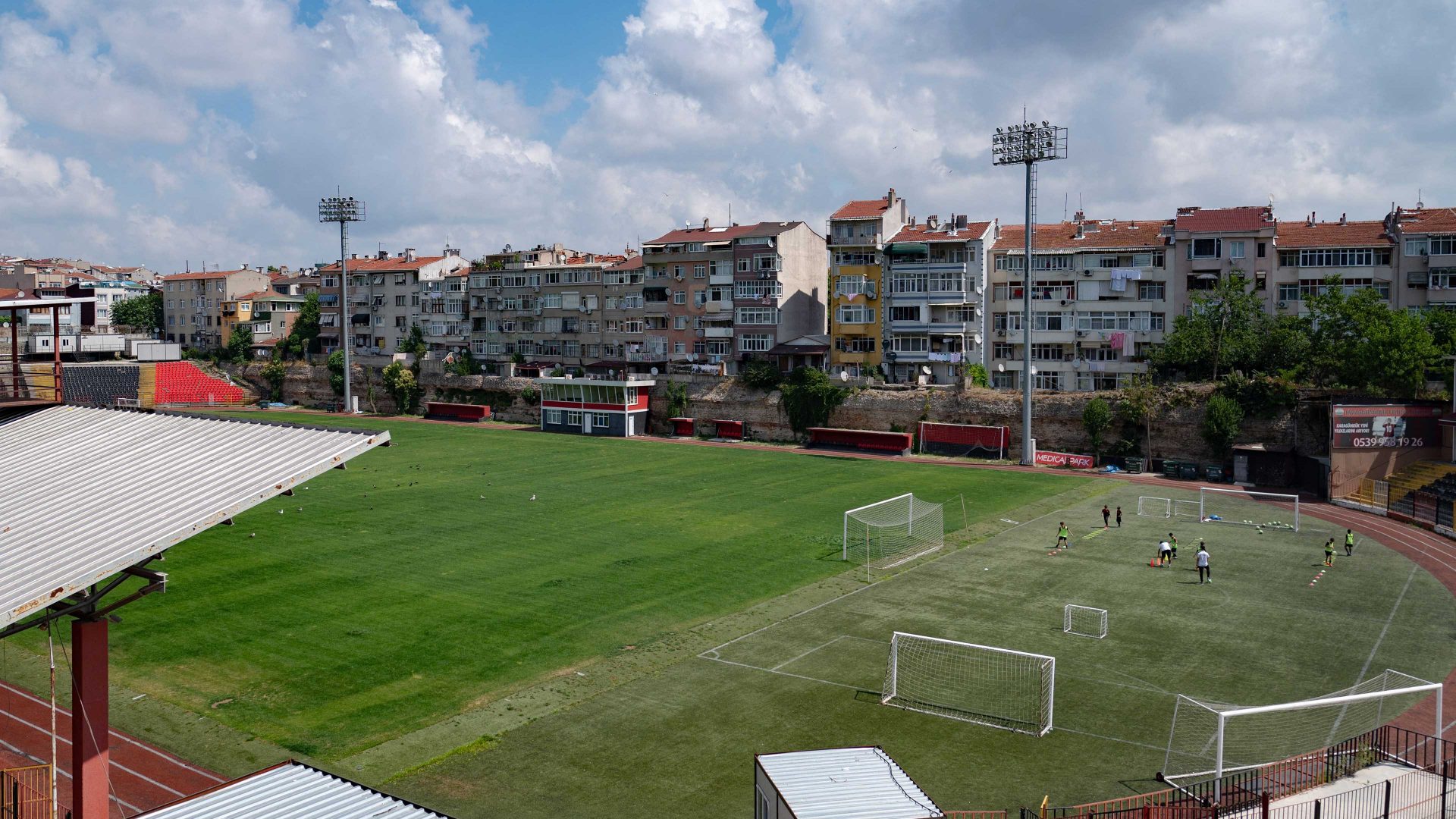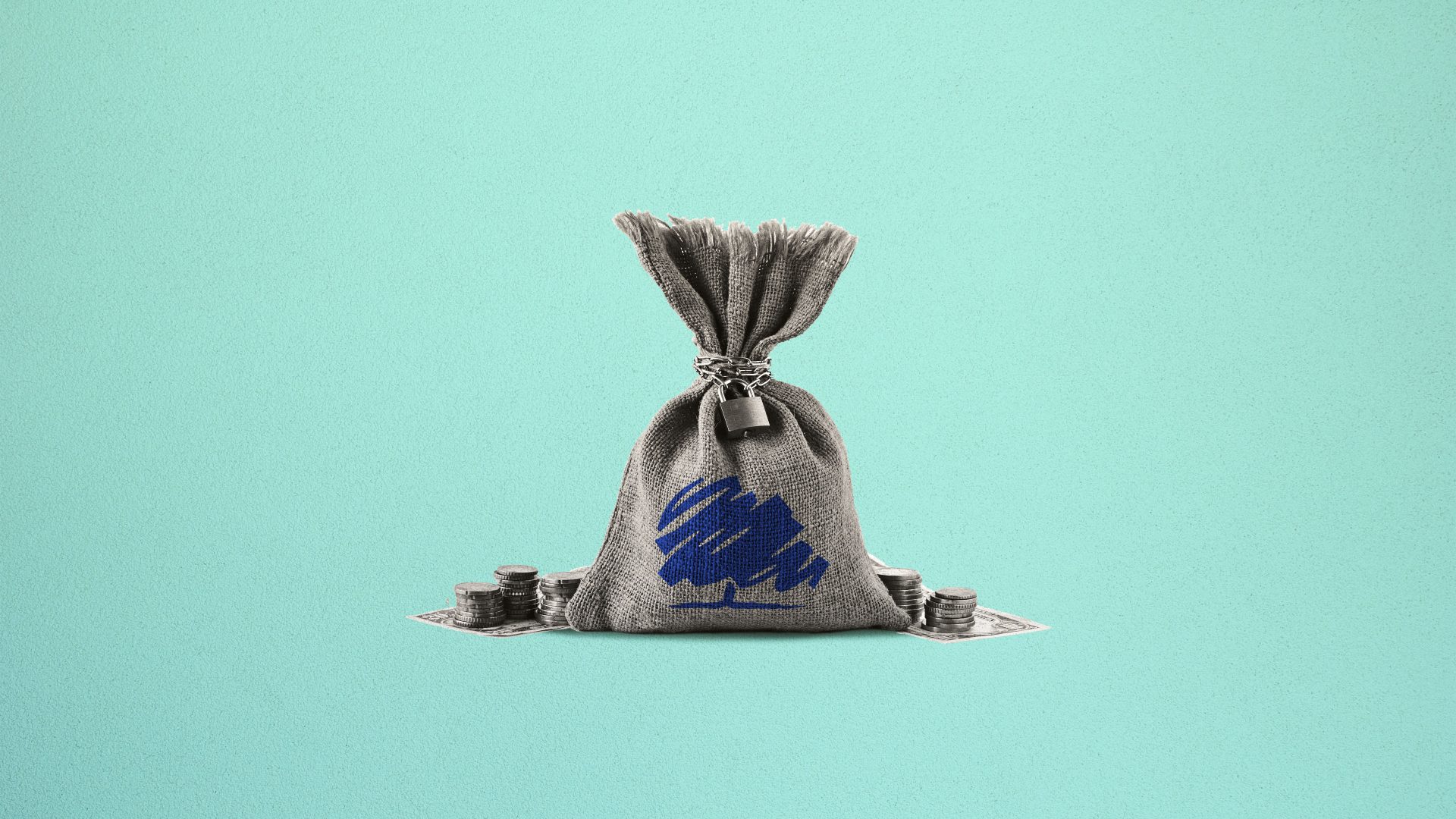I never pass up a chance to serve as your royal correspondent – opportunities are rare enough in the Bundesrepublik – but since the Sussexes’ self-inflicted tragicomedy on Netflix last year, I admit I’ve not been watching Harry so closely.
The German media has nicknamed him “Prinz Peinlich” (Prince Cringey). But this is history, at least for the moment, thanks to the Invictus Games in Düsseldorf, which ended up having a much more important effect than simply earning the prince brownie points with the press.
Harry grew up in a country where the military is a normal part of society. He moved to another country, where perfect strangers greet soldiers with the words “thank you for your service”. When he landed in Germany, he entered a country that is as at odds with its Bundeswehr as Boris Becker was with paying his debts.
Since the end of the cold war, we’ve seen two important changes: first, Germany slowly outsourced its defence to the US. You didn’t win elections by funding the Bundeswehr, nor did you lose them by defunding it, so the political motivation for defence spending was limited – until Ukraine.
The second shift in the last 30 years was to start sending German soldiers on Nato and UN missions. Which meant that they also died or were severely wounded abroad, in attacks, in combat, in accidents, by suicide.
Both changes, defunding and foreign deployment, were met with little public interest. While life for soldiers now became radically different, the lack of interest in them largely remained the same.
I vividly remember when the Berlin Grünflächenamt (parks department) prohibited 500 Bundeswehr recruits from taking a ceremonial pledge in front of the Reichstag, the parliament building, on July 20 2008. The ceremony was intended to commemorate the failed plot to assassinate Hitler. Eventually a peace was brokered and the event went ahead.
To further illustrate Germany’s complicated bond with the Bundeswehr, look at Wikipedia. English language Wiki explains the German Armed Forces Deployment Medal (introduced in 1996) as an award “for military service in a designated military campaign”. But you won’t find the m-word on German Wiki, which states that the Einsatzmedaille is awarded for “deployment or special assignments abroad for humanitarian, peacekeeping and peacebuilding measures”. We have decided to be in the peace business. Which also means, “please don’t call it a war”.
More than 20 had already been killed in Afghanistan and yet the official wording remained: “stabilising mission”, “combat mission” at most. But war? Couldn’t be, because, in addition, many soldiers’ life insurances stated, albeit in small print, that it wouldn’t pay out for fatalities in war. Another three soldiers had to fall before a new defence minister broke the taboo in 2010 and used “Krieg” to describe the situation in Afghanistan.
Germany’s militaristic history is of course the reason for all this reticence towards the military. It seems we’ve been cured of our previous and unhealthy desire for parades. As collateral, however, recognition for those serving society at the risk of their own life has been lost, too.
There are attempts to change this, not least because the Bundeswehr is short of staff. Which makes the Invictus Games invaluable. Yes, this being Germany, there was criticism. Critics complained that the event “glorified war”, and was “propaganda for western military to sugar-coat the Iraq and Afghanistan disasters”, and that it cynically used arms manufacturers as sponsors. By the way: while they’re often called defence contractors in English, the term in German is Rüstungskonzern (armament corporation).
And then came Harry. Modest. Thoughtful. Honouring the veterans. He spoke of comradeship so naturally it was far from glorifying heroism. Instead, accompanied by Meghan, he patiently explained the horrific consequences of war on soldiers, shook hands, drank local beer, tipped generously, smiled for selfies and sat through 80 minutes of Germany’s most popular sports TV show, Das aktuelle Sportstudio. He even had the grace to lose against our defence minister, Boris Pistorius, when shooting – a football – at its famous Torwand (goal wall, with two holes in it).
Thanks to his Invictus Games, traumatised and disabled German soldiers received more airtime and visibility in a week during prime-time than they had in the previous 10 years. They were shown as a part of society, and not an isolated part.
So, thank you for your service, Harry.




